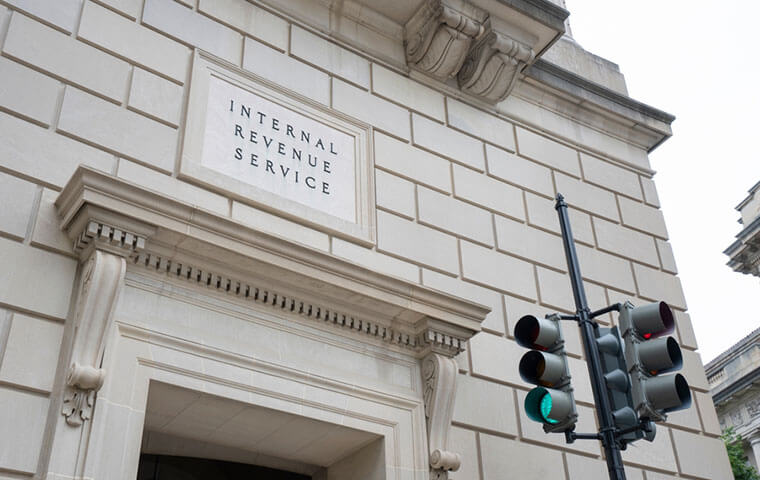 Image: Tada Images/Shutterstock.com
By: FEDweek Staff
Image: Tada Images/Shutterstock.com
By: FEDweek StaffCutting advance funding for the IRS approved last year would increase the federal deficit by nearly twice as much as is cut by hampering enforcement, the Congressional Budget Office has said.
The advance funding of some $80 billion approved last year as part of the Inflation Reduction Act has been a constant target of many Republicans in Congress and other conservatives. They argue that it will result in a doubling of the agency’s workforce of some 90,000 with an emphasis on targeting lower and middle income taxpayers.
They make those assertions despite statements and documentation from the agency that most of the hiring would be to replace normal turnover and that the most of the funding would go to improving customer service, replacing outdated IT and enforcement efforts on high income taxpayers and corporations.
Those issues arose again in House hearings last week, and a spending bill before the House would claw back part of that $80 billion in advance funding in addition to the nearly $20 billion already revoked as part of the law that resulted in suspending the federal debt ceiling earlier this year. House leaders meanwhile have attempted to tie yet another reduction to a pending aid bill for Israel.
The CBO estimated that one figure being floated, cutting $14.3 billion, would result in a decrease in revenue collection of $26.8 billion, for a net increase in the deficit of $12.5 billion. It made that estimate at the request of Rep. Steny Hoyer, D-Md., a senior Democrat on the House Appropriations Committee.
Senate Eyes Vote to Pay Federal Employees Working Unpaid
Series of Bills Offered to Address Shutdown’s Impact on Employees
Public Starting to Feel Impact of Shutdown, Survey Shows
OPM Details Coverage Changes, Plan Dropouts for FEHB/PSHB in 2026
Does My FEHB/PSHB Plan Stack Up? Here’s How to Tell
2025 TSP Rollercoaster and the G Fund Merry-go-Round
See also,
TSP Takes Step toward Upcoming In-Plan Roth Conversions
5 Steps to Protect Your Federal Job During the Shutdown
Over 30K TSP Accounts Have Crossed the Million Mark in 2025

